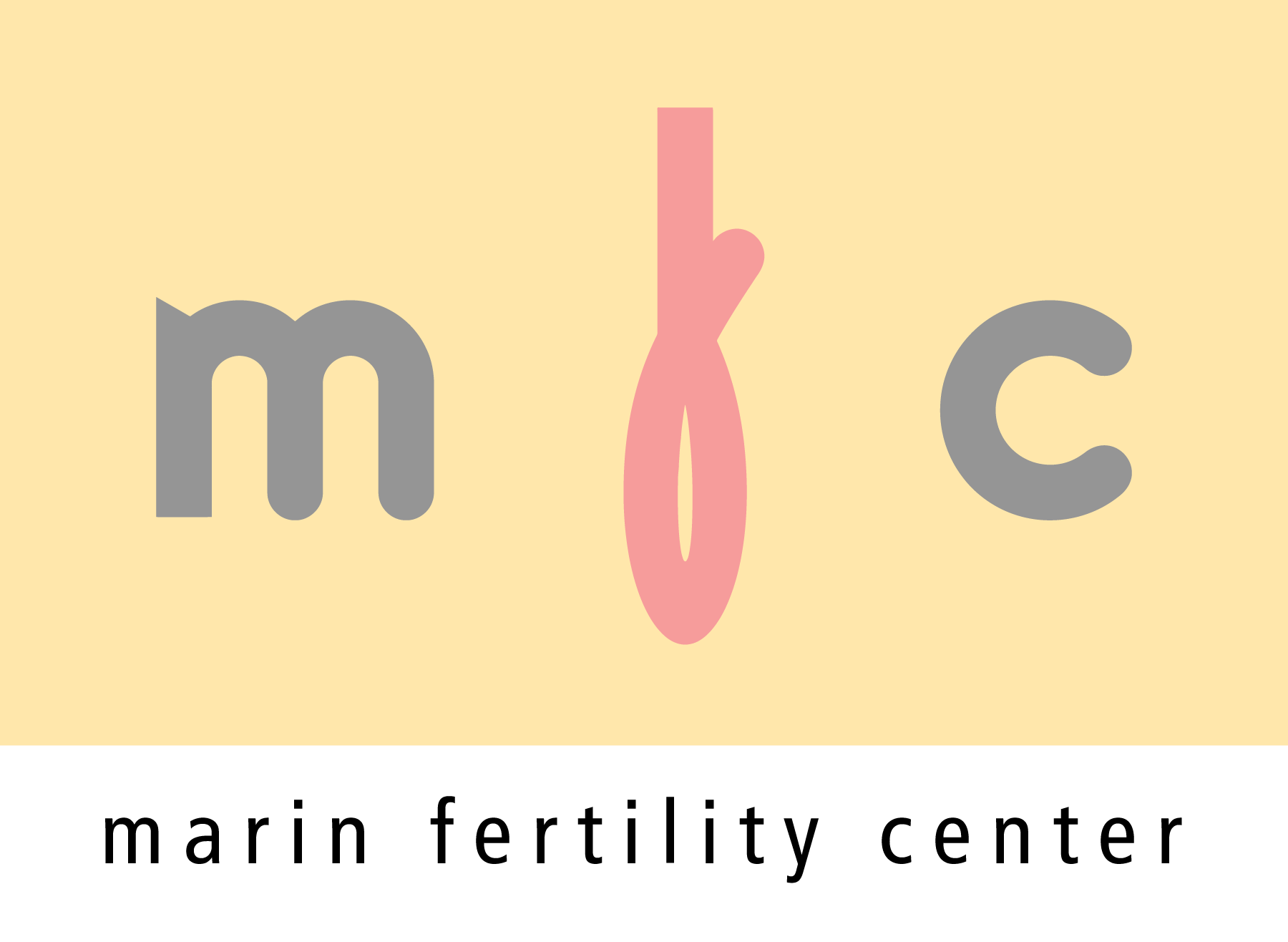Understanding the Fertility Workup: What to Expect at Your First Appointment

For many individuals and couples, deciding to seek fertility care is a big and emotional step. Understanding what happens during a fertility evaluation can ease uncertainty and help you feel empowered as you begin your journey.
A fertility workup at a clinic like Marin Fertility Center is a comprehensive assessment of reproductive health. It identifies potential barriers to conception and helps create a personalized treatment plan. Here’s what it typically includes:
1. Medical History & Consultation
Your provider will take a detailed history, including:
- Menstrual cycles and ovulation patterns
- Past pregnancies or miscarriages
- Medical conditions, medications, and surgeries
- Family history of reproductive or hormonal issues
- Lifestyle factors affecting fertility
This conversation also gives you the chance to ask questions and set expectations for your fertility testing and treatment.
2. Bloodwork & Hormone Testing
Blood tests provide critical insights into hormone balance and ovarian reserve. Common labs include:
- AMH (Anti-Müllerian Hormone): Measures ovarian reserve
- FSH & LH: Evaluate ovulation function
- Estradiol & Progesterone: Track menstrual cycle phases
- Thyroid & Prolactin levels: Check for hormonal issues that can affect fertility
3. Ultrasound Imaging
A pelvic ultrasound examines the uterus and ovaries to detect:
- Follicle count (egg supply)
- Ovarian cysts or structural concerns
- Uterine lining health (for implantation readiness)
4. Tubal & Uterine Evaluation
Procedures like a hysterosalpingogram (HSG) or sonohysterogram assess whether fallopian tubes are open and the uterus is receptive for pregnancy.
5. Semen Analysis
Male fertility plays a role in 40–50% of infertility cases. A semen analysis includess:
- Semen volume
- Sperm concentration (count)
- Motility (movement)
- Morphology (shape)
6. Personalized Next Steps
After testing, your care team will review results and create a tailored plan. Depending on findings, this may include:
- Lifestyle and wellness recommendations
- Ovulation tracking or timed cycles
- Medications to support fertility
- Advanced treatments like IUI (intrauterine insemination) or IVF (in vitro fertilization)
💡 Key Takeaway: A fertility workup is about gathering information, building a roadmap, and guiding evidence-based care. It sets the foundation for your best chance at a successful journey.
